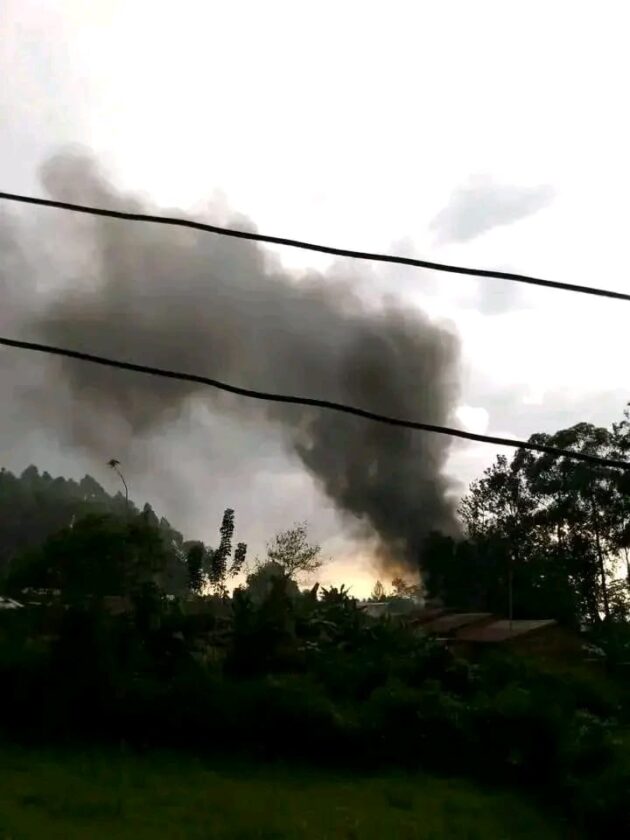To install PHP 8.2 on AlmaLinux for production use, you can follow these steps:
Update Your System: Before installing any new software, it’s a good practice to update your system’s package repositories and installed packages.
bash
Copy code
sudo yum update
Install Remi Repository: Remi repository provides the latest PHP versions for CentOS/RHEL-based distributions.
bash
Copy code
sudo yum install -y https://rpms.remirepo.net/enterprise/remi-release-8.rpm
Enable PHP 8.2 Repository: By default, Remi repository does not enable PHP 8.2. You need to enable it manually.
bash
Copy code
sudo yum module reset php
sudo yum module enable php:remi-8.2g>
Install PHP 8.2: Now, you can install PHP 8.2 along with necessary extensions.
bash
Copy code
sudo yum install php php-cli php-fpm php-mysqlnd php-zip php-devel php-gd php-mcrypt php-mbstring php-curl php-xml php-pear php-bcmath php-json
Verify PHP Installation: After installation, you can verify PHP version to ensure it’s installed correctly.
bash
Copy code
php -v
Configure PHP-FPM (Optional): If you’re using PHP-FPM for your web server, you might want to configure it. The configuration files are typically located in /etc/php-fpm.d/.
Restart Services: After making any configuration changes, it’s important to restart your web server and PHP-FPM service.
bash
Copy code
sudo systemctl restart httpd
sudo systemctl restart php-fpm
That’s it! You’ve successfully installed PHP 8.2 on your AlmaLinux system. Make sure to test your web applications to ensure everything works as expected.





